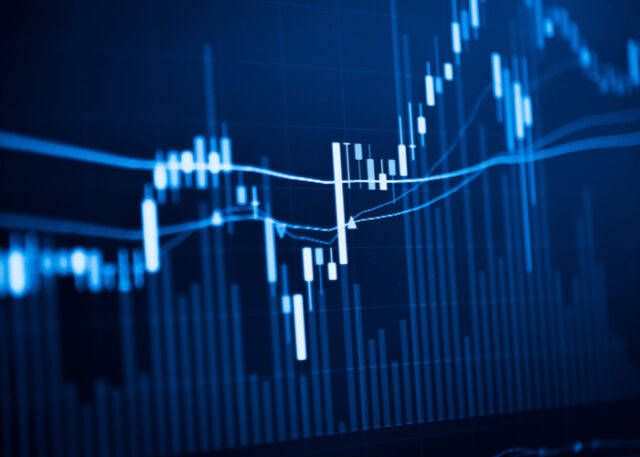Blog Archive
- November 2025
- October 2025
- September 2025
- August 2025
- July 2025
- June 2025
- May 2025
- April 2025
- March 2025
- February 2025
- January 2025
- December 2024
- November 2024
- October 2024
- September 2024
- July 2024
- June 2024
- May 2024
- April 2024
- March 2024
- February 2024
- January 2024
- December 2023
- November 2023
- October 2023
- September 2023
- August 2023
- July 2023
- June 2023
- May 2023
- April 2023
- March 2023
- February 2023
- January 2023
- December 2022
- November 2022
- October 2022
- September 2022
- August 2022
- July 2022
- June 2022
- May 2022
- April 2022
- March 2022
- February 2022
- January 2022
- December 2021
- November 2021
- October 2021
- September 2021
- August 2021
- July 2021
- June 2021
- May 2021
- April 2021
- March 2021
- February 2021
- January 2021
- December 2020
- November 2020
- October 2020
- September 2020
- August 2020
- July 2020
- June 2020
- May 2020
- April 2020
- February 2018
- January 2018
- December 2017
- November 2017
Categories
Investment market update: December 2020
Published: January 7, 2021 by Jennifer Armstrong
2020 was a year marked by volatility and uncertainty. With everything that was going on, you might think that investors finished the year with losses. Yet, world markets ended the year almost 13% up. It’s a reminder that while short-term volatility does happen, focusing on the long-term and your plans is important.
The Covid-19 pandemic was one of the biggest factors influencing markets throughout 2020. Despite vaccine approvals, it’s set to be an ongoing theme as we move into 2021 too.
UK
The biggest news affecting the UK was Brexit. During the beginning of December when a no deal Brexit looked likely, markets experienced volatility, as did the value of the pound. However, a deal was struck just in time for Christmas and with a week to go before the end of the transition period. The 2,000-page Brexit document details a new arrangement for tariff-free trade and continued cooperation. With more certainty, it’s hoped volatility will ease and businesses will have the confidence to invest.
Following the announcement of the deal, investment bank UBS predicted UK stocks and the pound would rally in 2021. The firm forecasts that the FTSE 100 will rise to around 7,200 points in a year, that’s an increase of around 8% compared to December 2020’s levels.
Of course, while the Brexit deal is good news, the pandemic continues to influence markets and the economy.
December saw stricter social distancing measures brought in with the introduction of Tier 4 in London, followed several days later by most of the country. There are fears of stricter measures and full lockdowns in 2021.
The OECD predicts Britain’s economy will be one of the hardest hit by the pandemic. The thinktank expects the economy to shrink by 11.2% in 2020, followed by growth of 4.2% and 4.1% in 2021 and 2022 respectively. Argentina is the only G20 country forecast to fare worse.
In line with the ongoing Covid-19 crisis, the government has extended the furlough scheme by an additional month. The government will pay 80% of salaries of furloughed workers until April 2021. The Bank of England has also extended the pandemic lending scheme for SMEs, encouraging lenders to offer cheaper loans to businesses affected until October 2021. Both announcements indicate a commitment to ongoing support to businesses and individuals.
Unsurprisingly, retail has been hit hard by the Covid-19 restrictions. Retail sales fell by 3.8% in November as many high street shops were forced to close, according to the Office for National Statistics. December also saw Debenhams enter liquidation as rescue talks failed and the Arcadia Group, which includes Topshop and other well-known names, collapsing, putting 13,000 jobs at risk.
Europe
In Europe, the European Central Bank (ECB) has extended its stimulus programme. The flagship Pandemic Emergency Purchase Programme (PEPP) received an additional €500 billion and has been extended by nine months, taking it to the end of March 2022. Christine Lagarde president of the ECB said she believes the eurozone will achieve herd immunity for Covid-19 by the end of 2021.
US
The jobless figures in the US are often used as a benchmark for the economy. After six months of growth, December saw the figures fall, fuelling concerns the economy is faltering. Just 245,000 new jobs were created in the US, far behind the 440,000 expected.
Joe Biden will be sworn in as president on 20 January 2021 and is set to face challenges from the outset as the country continues to battle Covid-19 and the economic impact of the virus. Markets will no doubt react to the inauguration and be listening closely to his first speeches.
Remember, you should invest with a long-term timeframe and goal in mind. If you’d like to discuss your investments for 2021 and beyond, please get in touch.
Please note: This blog is for general information only and does not constitute advice. The information is aimed at retail clients only.
The value of your investment can go down as well as up and you may not get back the full amount you invested. Past performance is not a reliable indicator of future performance.

